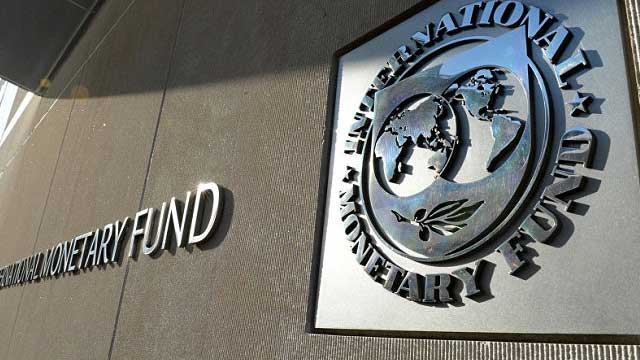The World Bank yesterday approved $500 million in budget support for Bangladesh, $250 million more than what was expected, in a development that will somewhat ease the ongoing pressure on foreign currency reserves.
Also at yesterday's meeting, the WB board discussed the new Country Partnership Framework (CPF) for 2023-2027 that would equip Bangladesh to face the headwinds of graduation from the least-developed country bracket in 2026 and approved $750 million in financing for two projects.
The approvals came ahead of Prime Minister Sheikh Hasina's visit to the WB headquarters in Washington DC on May 1 to commemorate 50 years of partnership with Bangladesh. The loan agreements would be signed on the day.
For now, the budget support of $500 million -- approved as the First Green and Climate Resilient Development Credit -- would come as a saviour for the country as it looks to prop up its dollar stockpile to meet one of the mandatory conditions for the release of the second tranche of the $4.7 billion loan from the International Monetary Fund.
At the end of March, the central bank's usable reserves were less than $22 billion -- and below the IMF imposed floor of $22.95 billion -- according to finance ministry officials with direct knowledge of the reserve situation. They spoke on the condition of anonymity due to the sensitivity of the matter.
The government is expected another $500 million from the Asian Development Bank and partners in budget support for this fiscal year.
Other than the $500 million from the WB, Bangladesh got $250 million from the Asian Infrastructure Investment Bank in budget support.
In the medium term, the WB would be extending upwards of $1.5-2 billion every year under the CPF for 2023-24, which was discussed at the board meeting yesterday.
"Bangladesh has an ambitious goal -- to achieve upper middle-income status within a short period and that too in the face of the daunting challenges of climate change. Access to private capital and global financial markets will increasingly be needed to achieve this goal," said Junaid Kamal Ahmad, MIGA vice-president of operations in a press release.
The CPF, anchored in the government's eighth Five Year Plan and the Long-Term Perspective Plan 2021–2041, will support Bangladesh's goal to achieve upper-middle-income country status by 2031 by helping the country address key barriers to higher and sustainable growth.
It will help develop a diversified and competitive private sector to create more and better jobs; promote socioeconomic inclusion to expand opportunities for all; and address climate and environmental vulnerabilities. These three outcomes are key priorities for Bangladesh's growth aspirations.
Guided by these priorities, the CPF proposes a robust programme of technical and financial support focusing on eight objectives—improved business environment for broad-based private sector development; strengthened financial intermediation for long-term growth and resilience; improved effectiveness of public institutions to deliver better services; improved quality and equitable access for human capital development services; enhanced economic opportunities for women and vulnerable groups; strengthened spatial and digital connectivity for inclusive growth; improved effectiveness of delta management for accelerated climate resilience building and sustainability; and productivity in the use of natural capital for green growth and energy transition.
The new CPF builds on five decades of strong partnership between the World Bank Group and Bangladesh, said Abdoulaye Seck, the WB's country director for Bangladesh and Bhutan.
"As Bangladesh aims to be more prosperous, it will need stronger institutions and policies to serve the needs of an upper-middle-income country. This CPF will support the government's reform programmes to deliver jobs and support inclusion and resilience," he added.
To prepare the CPF, the World Bank Group held extensive countrywide and online consultations with key stakeholder groups, including the government, the private sector, civil society, think tanks, academia, media, and other development partners.
"Bangladesh has been one of the world's outstanding development growth stories. Additional reforms to spur the development of a more diversified and competitive private sector will grow exports and create quality jobs," said Martin Holtmann, IFC's Country Manager for Bangladesh, Nepal and Bhutan.
Financing for green investments to help tackle and mitigate climate risks will become increasingly important, he added.
The $500 million programme on Agricultural and Rural Transformation for Nutrition, Entrepreneurship, and Resilience (PARTNER) project will help promote diversification, food safety, entrepreneurship and climate resilience in the agri-food systems.
The $250 million Sustainable Microenterprise and Resilient Transformation (SMART) project will help transform the micro-enterprise sector into a more dynamic, less-polluting, resource-efficient and climate-resilient growth sector.
With these three projects approved, the International Development Association's (IDA) total ongoing programme in Bangladesh stands at $16.3 billion. MIGA's current programme in Bangladesh is just over $1 billion. IFC has an ongoing programme of about $1 billion.





